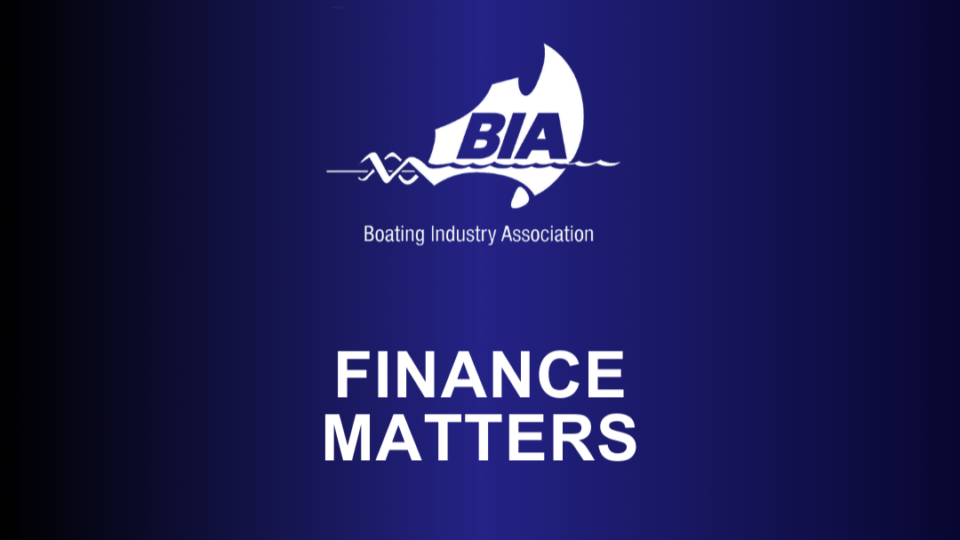
The ATO is on the lookout! They are targeting wealthy groups and are encouraging transparency of information by individuals. Our Industry attracts many different types of individuals and companies and is certainly an Industry with an ‘eye’ on it.
As noted on the ATO Business sites, the behaviours and characteristics attracting their attention are:
- tax or economic performance not comparable to similar businesses
- low transparency of your tax affairs
- adviser influence on your tax affairs
- large, one-off or unusual transactions, including the transfer or shifting of wealth
- aggressive tax planning
- tax outcomes inconsistent with the intent of the tax law
- choosing not to comply, or regularly taking controversial interpretations of the law
- lifestyle not supported by after-tax income
- accessing business assets for tax-free private use
- poor governance and risk-management systems
- not participating or selectively participating in the tax system
- failing to meet third party, employer and indirect tax obligations
- misreporting or incorrectly treating transactions
- accessing concessions or refunds you aren’t entitled to
- structuring to minimise or avoid tax
- using cross-border transactions or structures to minimise or avoid tax.
In the 2025 Tax Year, the several key risk areas the ATO will be focusing on, may include;
- Registration, lodgement and payment
Registration, lodgement and payment risks and issues include:
- not registering for obligations where required, or being registered under the incorrect basis (accounting basis or reporting cycle)
- failure to lodge tax returns, fringe benefits tax (FBT) returns or activity statements when required
- not paying tax debts on time and not engaging with us.
- Incorrect reporting
Incorrect reporting risks and issues include:
- incomplete reporting of returns, activity statements and schedules (including information labels such as shareholder loans, assets and liabilities)
- omitted income and sales (income tax and GST)
- incorrectly claiming GST credits
- ineligible research and development (R&D) expenditure being claimed
- ineligible R&D activities being claimed
- incorrectly claiming base rate entity status.
- Tax advisers and professional firms
Risks and issues with tax advisers and professional firms include:
- failure to lodge own tax returns or business activity statements (BAS)
- failure to lodge partnership returns or statements of distributions
- failure to pay own tax debts on time
- inappropriate allocation of professional firm profits (PCG 2021/4)
- intermediaries (including R&D consultants) encouraging aggressive tax arrangements or promoting tax avoidance or exploitation schemes.
- Division 7A, Shareholder Loans
Division 7A risks and issues include:
- unreported shareholder loans
- non-complying loan agreements
- failure to make minimum yearly repayments or not applying the correct benchmark interest rate
- inadequate record keeping
- Section 109R loan repayment arrangements including loans repaid just before the private company’s lodgement day with the intent to reborrow similar or larger amounts from the same company
- requests for section 109RB discretions.
- Capital gains tax (CGT)
CGT risks and issues include:
- eligibility criteria when claiming small business CGT concessions
- inappropriate calculations of the CGT discount
- using the small business restructure rollover (Subdivision 328-G) incorrectly, including for reasons other than a genuine restructure of an ongoing business
- capital losses from related party transactions (market value substitution rule)
- incorrect application of Division 855 (non-resident access to concessions).
- Property and construction
Risks and issues related to property and construction include:
- capital versus revenue misclassification on disposal of real property
- omission of income on disposal of real property
- failure to lodge or report sales or GST on income tax returns or BAS as identified by the taxable payments reporting system
- misreporting or underreporting of GST for real property
- failure to meet GST reporting obligations for real property
- failure to meet GST registration obligations for real property.
- International transactions
Risks and issues related to international transactions include:
- intangible migration arrangements
- mischaracterisation of service transactions which results in mispricing and creates risk from a corporate residency and controlled foreign companies’ perspective
- withholding tax compliance
- significant global entity compliance
- related-party financing (including concerns with the use of non-commercial terms to push up financing costs in the property and construction industry).
- Other domestic transactions
Risks and issues related to other domestic transactions include
- non-arm’s length income in self-managed super funds
- misinterpretation or disregard for family trust elections
- residents not including distributions from foreign trusts (Section 99B)
- franking account balance discrepancies
- 45 day holding rule (franking credit integrity rules).
More information at https://www.ato.gov.au/businesses-and-organisations
